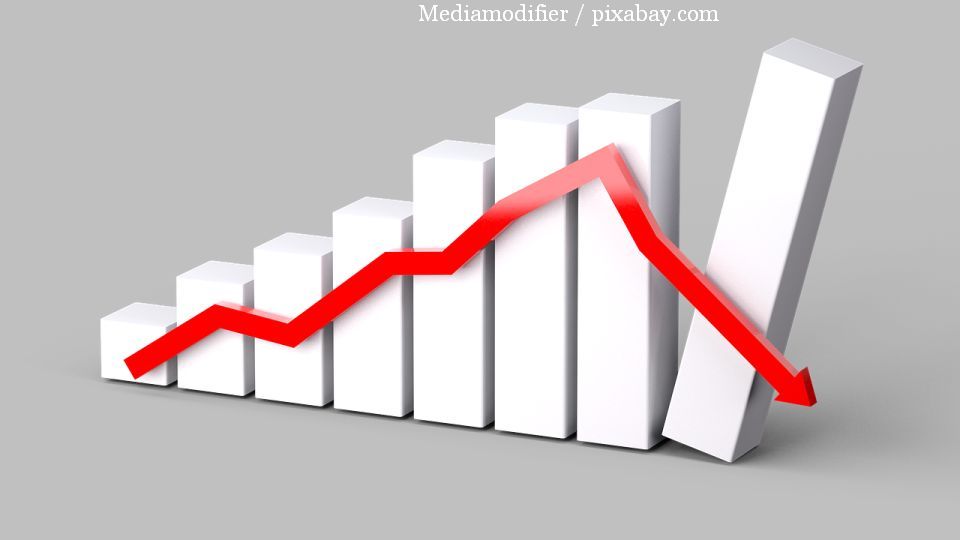S&P downgrades Romania’s rating
Standard&Poor's has revised Romania’s rating from stable to negative.

Ştefan Stoica, 27.01.2025, 13:50
For Romania and its economic-financial prospects, 2025 begins in the same way as 2024 ended: Standard&Poor’s rating agency has maintained the country’s BBB- rating, the lowest investment grade category, but has revised its outlook from stable to negative. At the end of last year, Fitch also revised its outlook to negative for long-term hard currency loans, while maintaining its BBB- grade.
Standard&Poor’s believes that that the country’s fragmented and uncertain political environment is likely to delay the new government’s fiscal consolidation agenda. The high spending made before the elections pushed the deficit to close to 8.7% of GDP, much above the agency’s expectations, which signals challenges to cost containment amid a slowing economy. The experts are also saying that the loose fiscal policies will keep the current account deficits wide and increasingly financed by debt-creating flows, potentially exposing Romania to foreign investor confidence shocks.
In a first reaction, Romania’s finance minister Tánczos Barna said the change from stable to negative outlook shows measures are needed to cut the budget deficit, as well as a balanced budget and a slimmer state. “Romania is still recommended to investors as safe. The decisions adopted by the government to reduce the budget deficit and consolidate economic growth must be implemented at a fast pace, in the version already agreed with our European partners”, the minister posted on his Facebook page. He emphasised that this year’s budget, which will soon be submitted to Parliament for approval, strengthens this measured approach to the management of public funds. If the evolution of Romania’s economy confirms the fears of rating agencies leading to its actually losing the stable grade, this would result in higher lending costs for Romania.
According to analysts, investors and rating agencies are still skeptical, owing to the internal political uncertainty and the delay in structural reforms. However, towards the end of 2024, the newly formed coalition government made up by the Social Democratic Party, the National Liberal Party and the Democratic Union of Ethnic Hungarians in Romania, adopted an emergency order reflecting its will to drastically cut unnecessary spending, especially in the central and local administration, in order to reduce the deficits. The government also froze salaries and pensions to prevent the budget from sliding on a dangerous path.
The measures taken have already sparked a wave of discontent among some public sector employees, so the coalition government will be faced with a serious social test. Moreover, by a turn of events, 2025 has become an election year, just like 2024. In May, Romanian voters will again go to the ballots to elect their president, as the Constitutional Court last December annulled the presidential elections saying the election process had been corrupted.






























